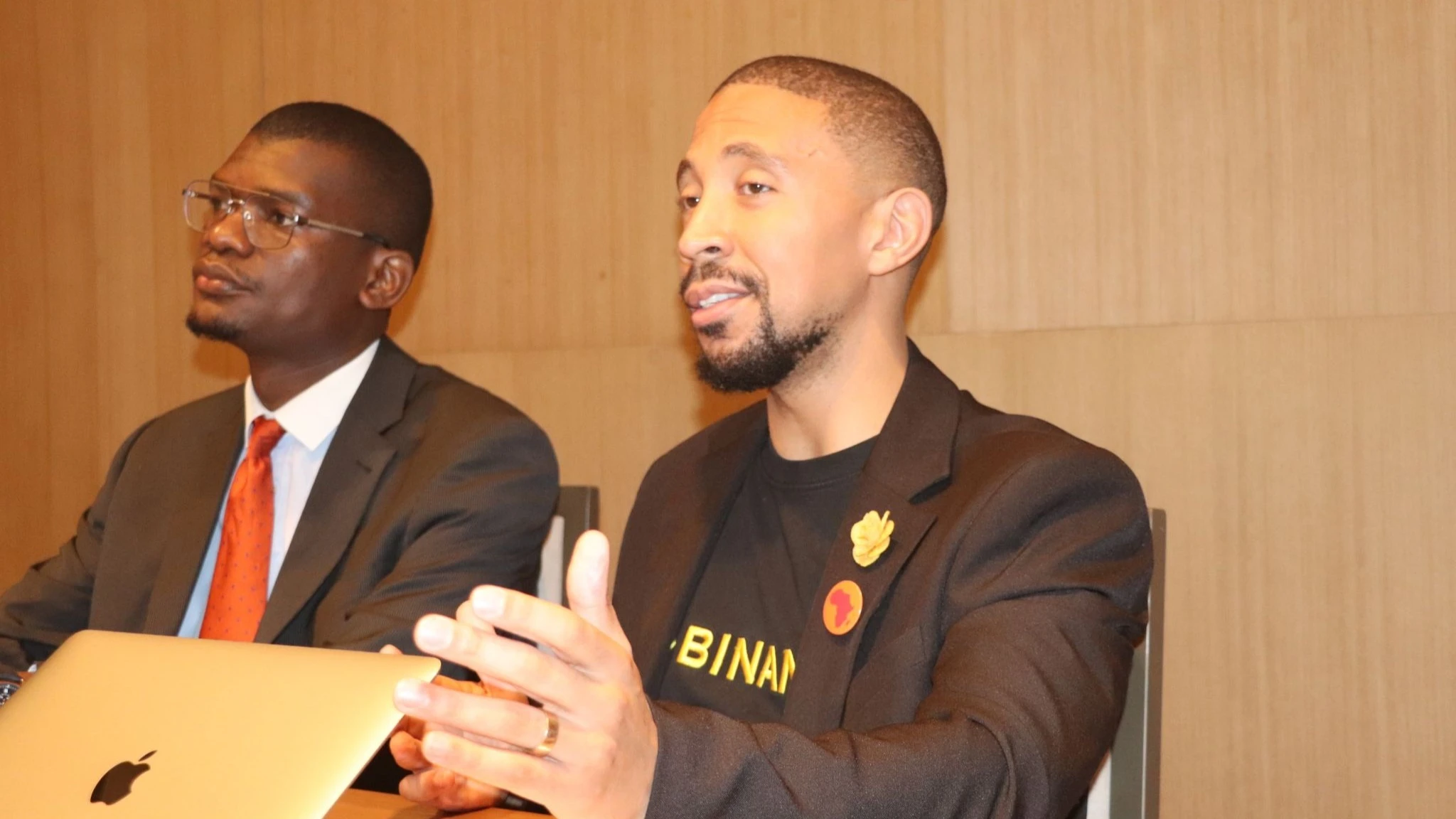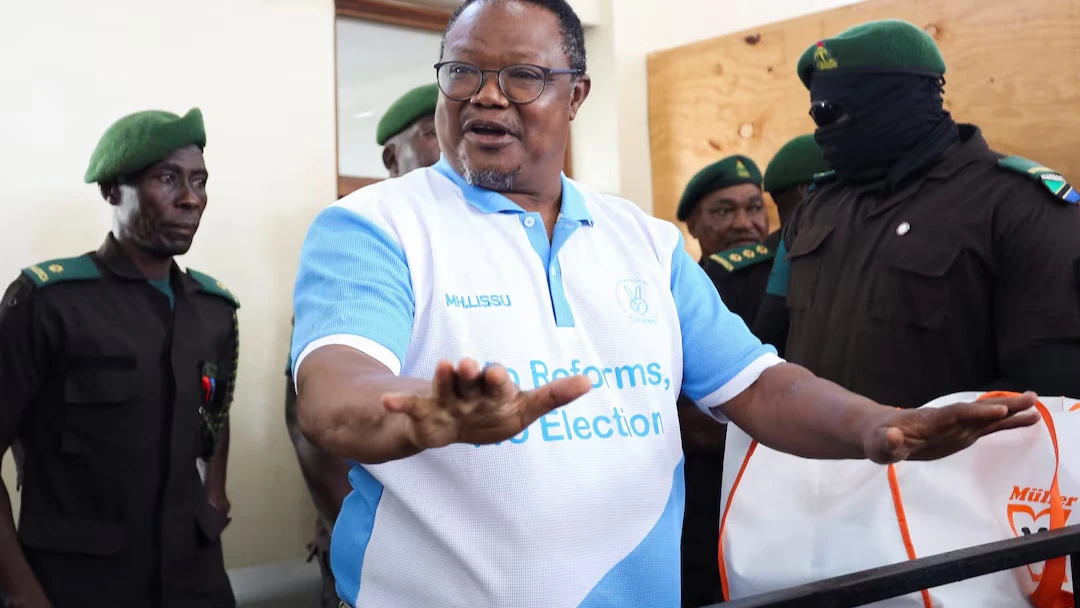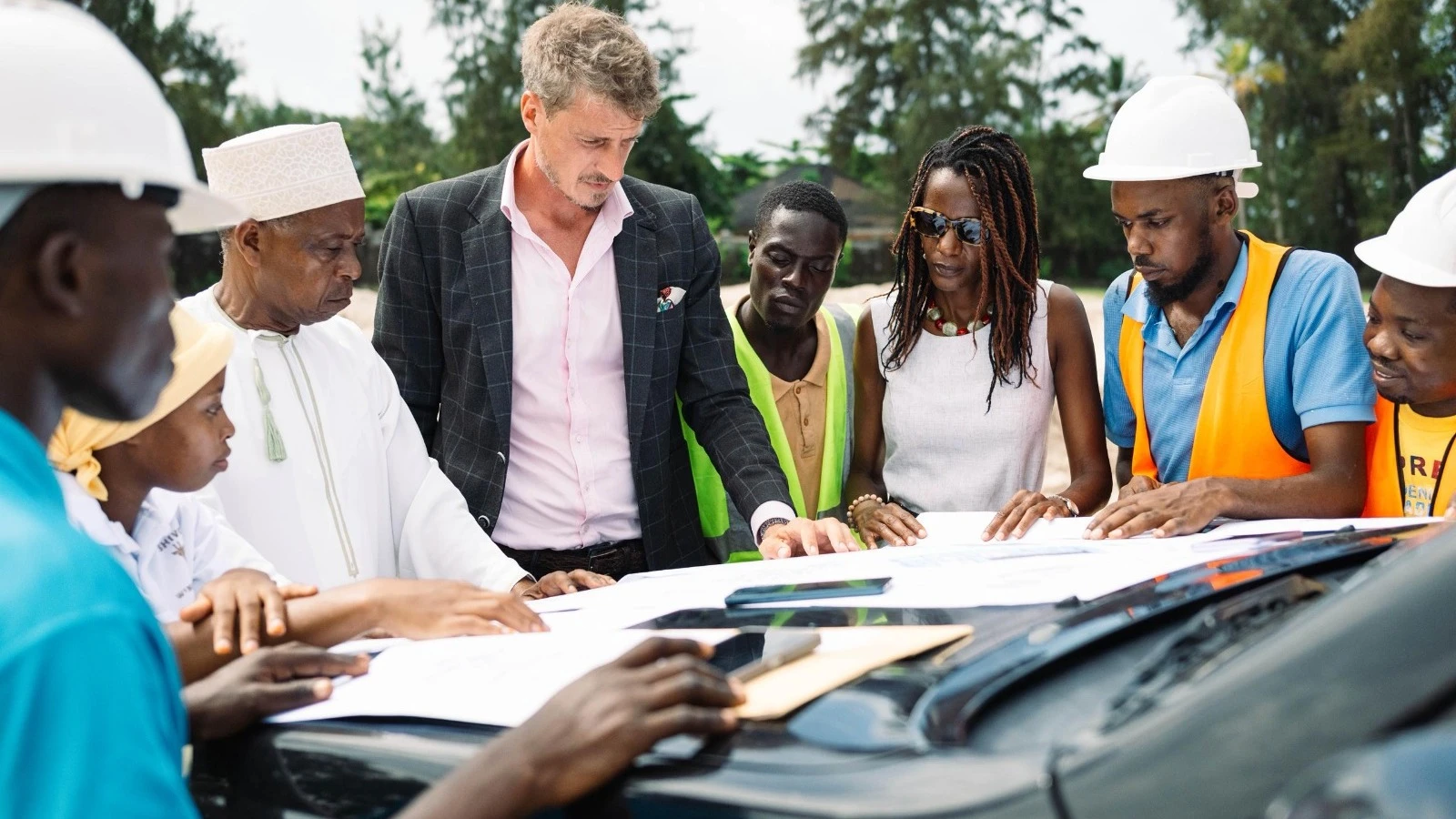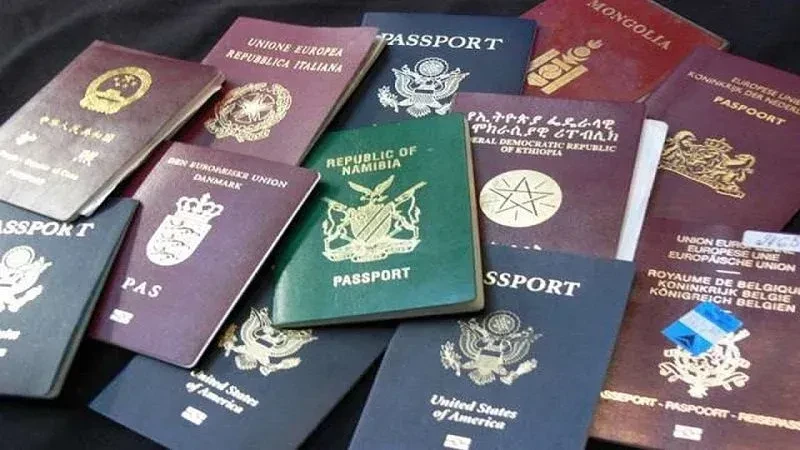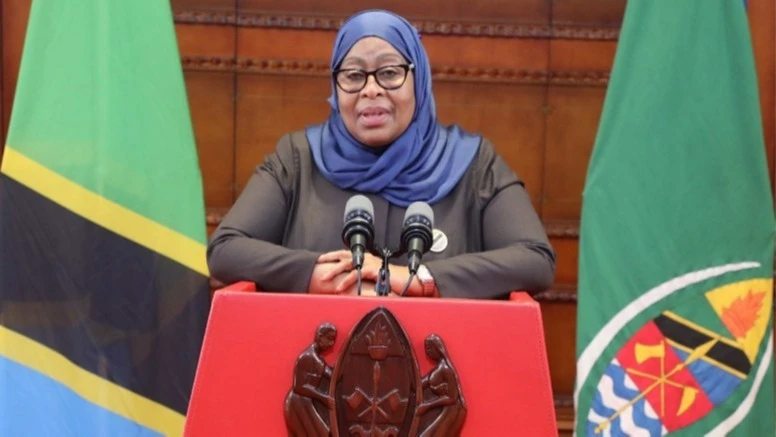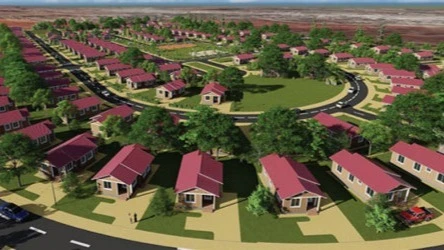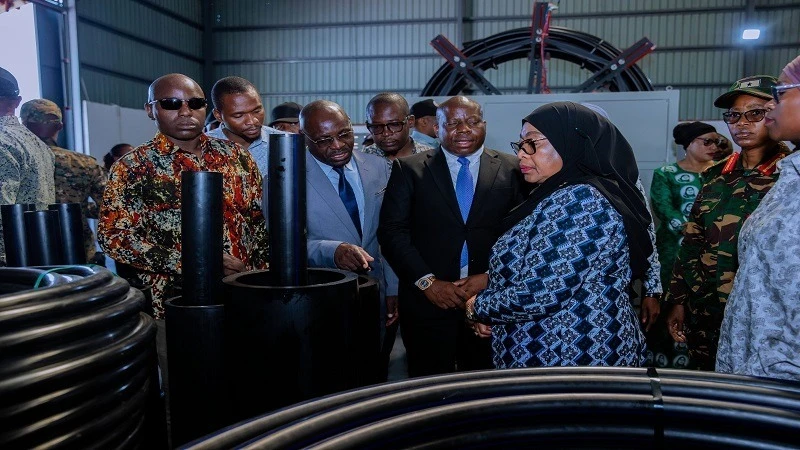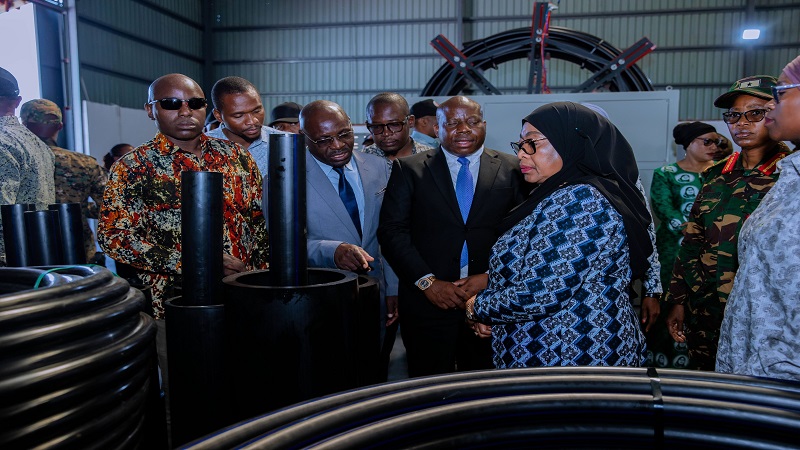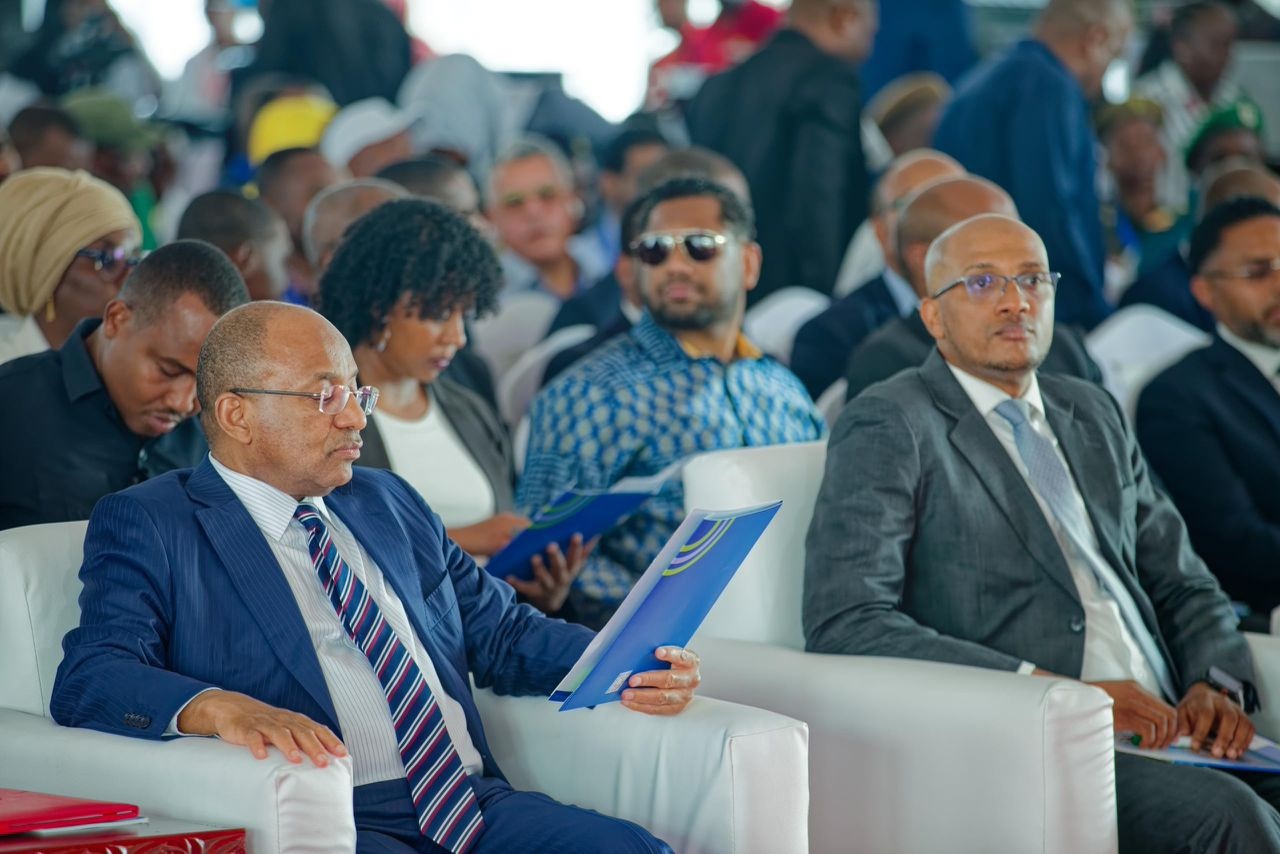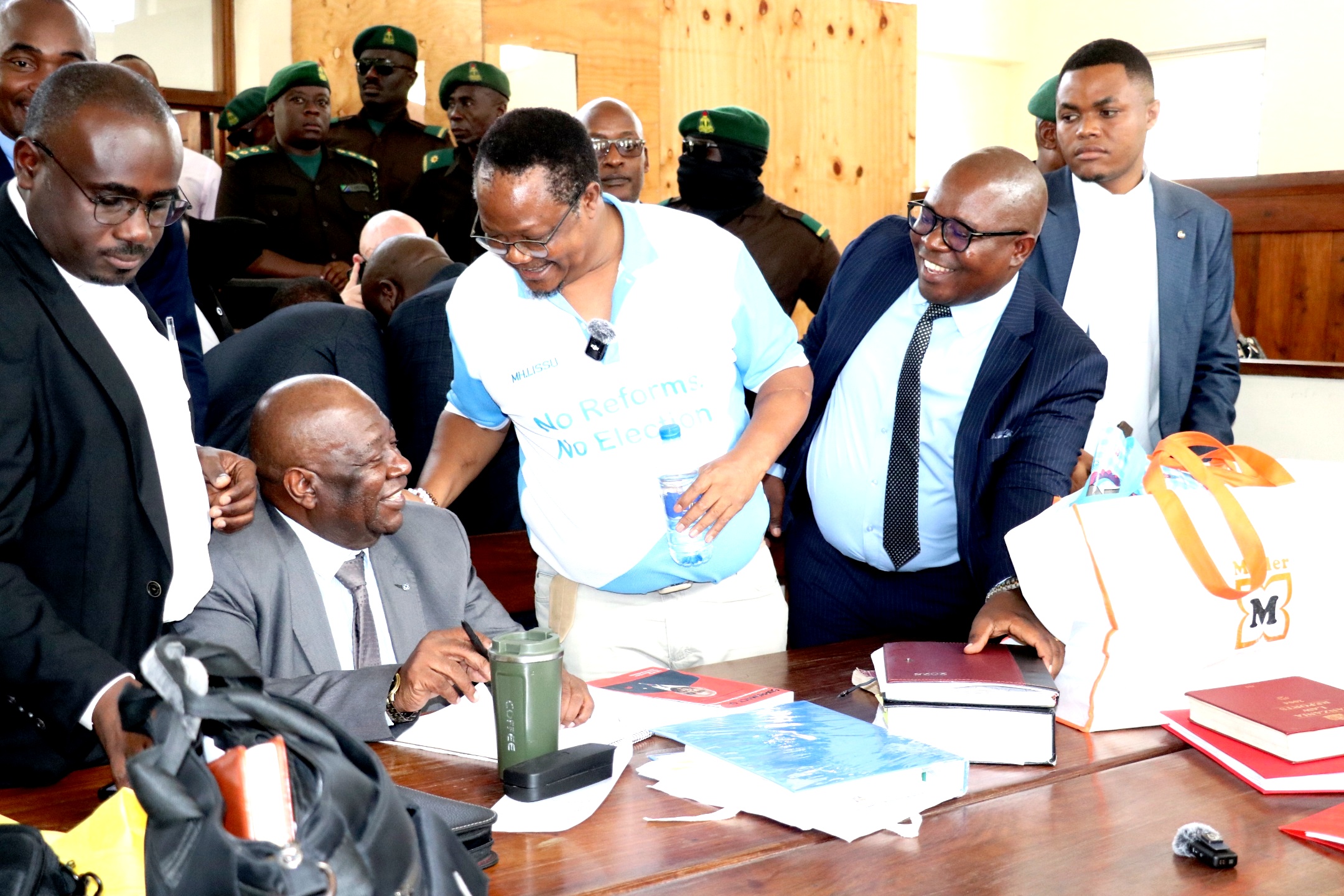Samia directs TRA to adopt friendly ways to collect taxes
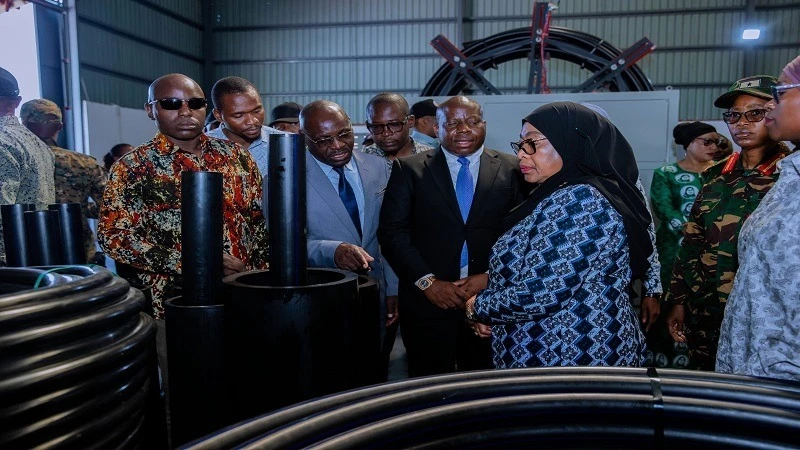
PRESIDENT Samia Suluhu Hassan yesterday issued strong demands on the Tanzania Revenue Authority (TRA) to adopt friendly approaches to tax collection.
Inaugurating new TRA regional offices here yesterday, the president unequivocally demanded that tax officials cease aggressive practices like seizing computers, books or closing business accounts and offices.
Starting a seven-day tour of the Lake Zone, the president said that fostering a supportive economic environment for businesses and farmers is central to government efforts.
There is a need for a fundamental shift towards dialogue and taxpayer education, particularly for small businesses, she said, appealing to TRA: let us collect taxes amicably.
“A businessperson should not be an enemy, but a friend. If they can pay, let them pay; if they have arrears, let them pay. Invite them for a friendly discussion, ask them, 'How much can you start paying, and then how much will you pay me?' If you arrange it that way, they will pay their debt bit by bit, and the government will receive revenue gradually.
“But confiscating computers, books, closing offices and freezing accounts – that is not acceptable," she declared.
While emphasizing this gentler approach, the president acknowledged that a segment of business operators prove to be stubborn and defiant in their tax obligations.
“The government would, if necessary, resort to other means to ensure compliance with such individuals,” she said, reaffirming that the best way is to invite them and discuss to understand what is afflicting them.
The president used the platform to advocate for self-reliance, cautioning against excessive dependence on external assistance.
"As a country, if you depend on someone to give you or lend you, there are many dangers. You are not in a good position, and when things get bad, the creditor comes and tells you publicly, 'You haven't paid my debt.'
“Where is your dignity then? They have already lowered your status. But when you have your own money, you know how to plan. If you rely on aid, it will definitely bring you trouble," she stated.
Highlighting Tanzania's strong economic performance in East Africa, she said that even developed nations in Europe and America currently face economic challenges.
A strategic government plan is being initiated to significantly elevate the cotton crop, she said at a later rally, an initiative intended to ensure that cotton farmers reap benefits comparable to those cultivating other key crops like cashew nuts and coffee.
Policy actions to boost the cotton industry are designed solely for the citizens' prosperity and not to impose hardship, she stated, stressing that cotton farmers need to benefit from their hard work, just like those in cashew, tobacco, coffee, and food crops.
Acknowledging Simiyu Region's prominence in cotton production, she praised a local investor who has already begun adding value to the crop.
While the investor has managed to add value at least in the first stage, in the second stage the government will buy from the processor to use the produce in the cotton spinning factory we are building, she stated.
"We want to process cotton right here so that the people of Simiyu get jobs within this region. We do not want it to create jobs abroad," she stated, commending the local investor for constructing two factories.
Other potential investors need to emulate this example of value addition, she said, underlining the need to foster inclusive economic growth, promoting self-reliance and enhancing the livelihoods of the wider population.
Top Headlines
© 2025 IPPMEDIA.COM. ALL RIGHTS RESERVED








